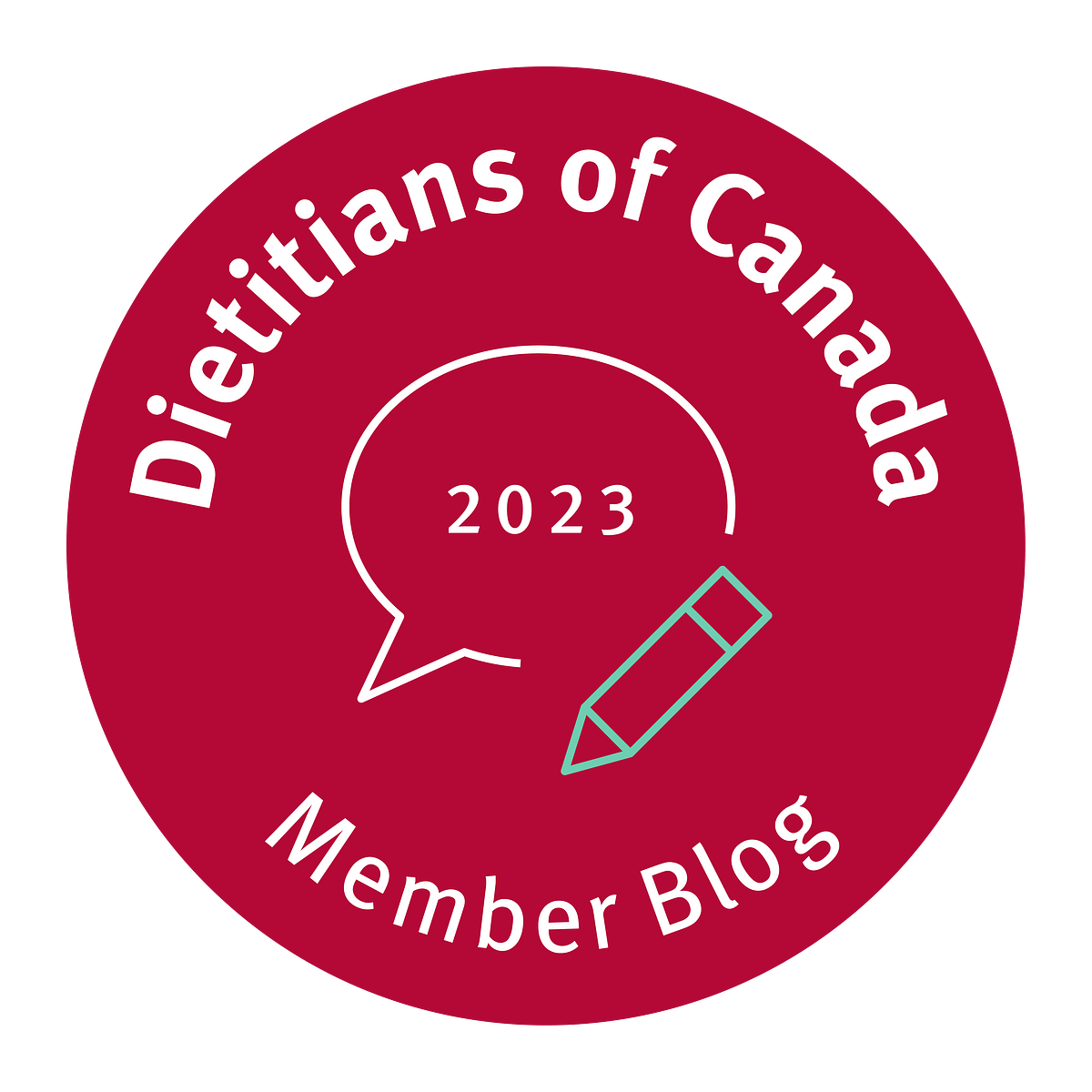
Feeling sleepy after your Thanksgiving meal? Don’t blame it all on the turkey. The many components of the meal – including carbohydrates – may work together to trigger that lull to nap land.
Here’s a simple science lesson.
Turkey, as well as foods like chicken, cheese and milk contains an amino acid called tryptophan.
Tryptophan is a component of serotonin which is a neurotransmitter that helps us feel calm and relaxed. Serotonin is then also used to make the sleep-inducing hormone called melatonin.
As we digest foods containing protein, the amino acids enter the bloodstream and make their way over to the brain. The problem is that tryptophan is a big, bulky amino acid. So it has to compete with other amino acids to get into the brain. Imagine this as a long lineup of people waiting to get into a concert.
Enter carbs. The carbs you eat from the delicious stuffing, mashed potatoes, pumpkin pie and other typical Thanksgiving fare triggers the release of insulin. This action removes most of the amino acids from our bloodstream, but not the tryptophan. It’s as if all of the people in line for that concert have been pushed away, except for tryptophan. This of course makes it easier for tryptophan to enter the brain and start its effect on serotonin and melatonin to create that calm, sleepy feeling.
Another possible explanation for the sleepiness is that there’s more blood flow to your stomach to digest the meal, meaning less blood flow to your brain. And let’s not forget that a glass or two of alcohol may play a role.
So what should you do if you’d like to avoid the ZZZ’s after your Thanksgiving meal? Well, you could try to enjoy smaller portions of carbohydrate-containing foods. Maybe have a coffee with dessert. But if you’re like me, you’ll simply enjoy the wonderful, hearty meal with family and cozy up with a pillow afterwards!



